How Tenants Can Respond to Illegal Debt Collection by Florida Landlords
Many Florida tenants are surprised to discover a collection notice after moving out — often for charges they never agreed to, were never told about, or do not believe they owe. These collection accounts can affect credit reports, rental applications, and even employment opportunities. Fortunately, tenants have strong rights under both state and federal law, and you are not required to accept a landlord’s claims without verification.
Understanding Why Landlords Send Accounts to Collections
Landlords often send alleged balances to a collection agency when there is unpaid rent, disputed damages, cleaning fees, early termination charges, or disagreements about security deposit deductions. However, a landlord’s decision to send a debt to collections does not automatically make the debt valid. Florida law requires landlords to follow specific procedures for security deposit claims, documentation of damages, and notice requirements. If they fail to meet those obligations, the charges may not legally be owed.
Your Rights Under Florida and Federal Collection Laws
When a collection agency contacts you, they must provide written notice that identifies the amount of the debt, the name of the creditor, and your right to dispute the account. If you believe the charges are inaccurate, inflated, or unsupported, you may request validation in writing. Once you do, the collector must pause collection efforts until they can verify the debt. If they cannot provide proper documentation, they may be required to stop reporting the account or withdraw it entirely.
Florida’s Consumer Collection Practices Act and the federal Fair Debt Collection Practices Act also prohibit misleading statements, harassment, threats, or contacting third parties about your debt. If the landlord or collection agency violates these rules, you may have grounds for legal action and potential monetary recovery.
Protecting Your Credit Report
If the collection account appears on your credit report, you have the right to dispute it directly with the credit bureaus. Your dispute should explain why the charges are incorrect and include any supporting documents such as inspection photos, move-out communications, or proof that the landlord failed to provide proper notice. Credit bureaus must conduct a timely investigation and remove the account if the collector cannot verify its accuracy.
Some tenants choose to negotiate with the collector, but it is important to obtain any agreement in writing and to understand how it may affect your rights. Never assume that payment will automatically result in removal from your credit report unless the agreement explicitly states so.
When Legal Help Makes the Difference
A wrongful collection can interfere with securing new housing, obtaining financing, or maintaining your credit standing. When disputes are ignored, validation requests go unanswered, or a collector uses unlawful tactics, a tenant attorney can step in to challenge the validity of the debt, pursue removal from your credit report, and hold collectors accountable under Florida law.
Every situation is different, and the best next step depends on the evidence available, the accuracy of the landlord’s documentation, and how the collection agency has handled your dispute. Speaking with an attorney early often prevents further damage and helps position you for the strongest possible outcome.
If your landlord has sent charges to collections or you believe the account is incorrect, contact Korte & Associates for guidance and assistance.



